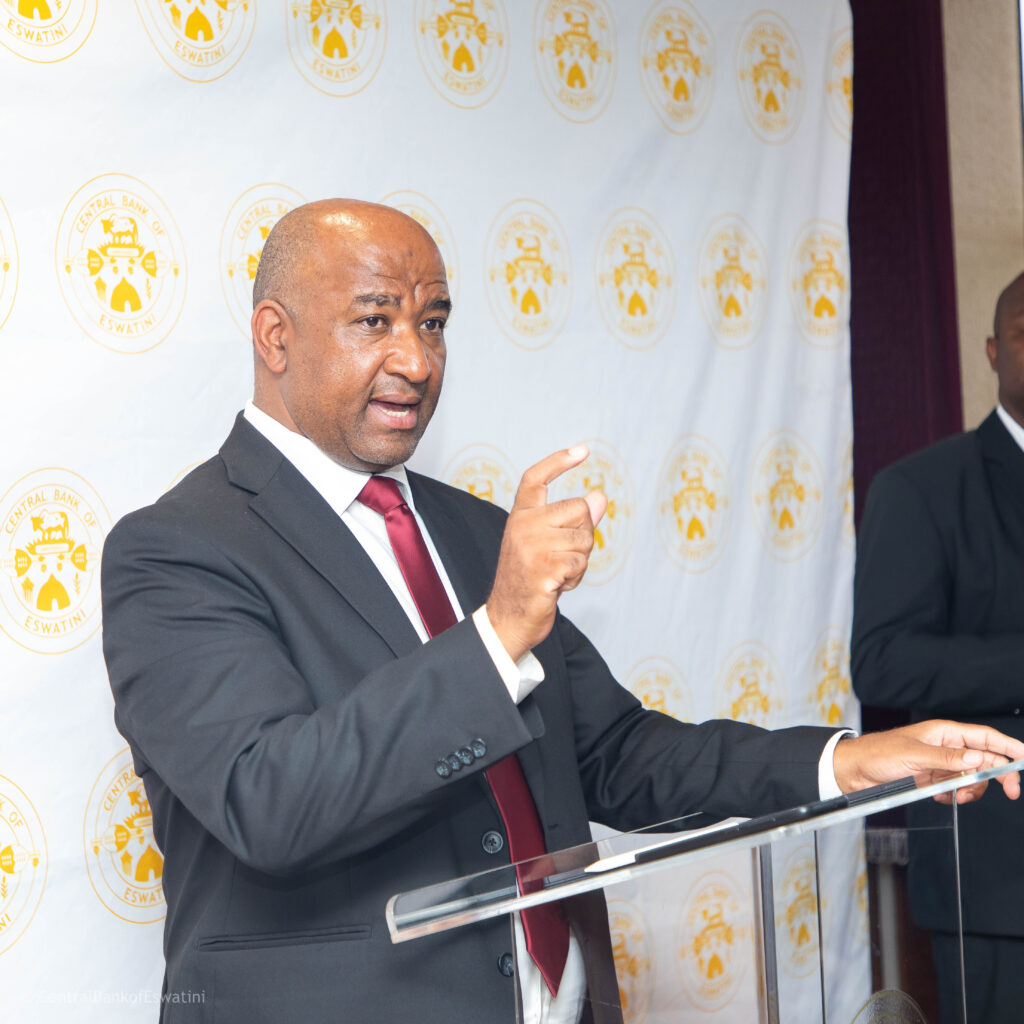
By Sifiso Sibandze
An investigation launched by the Central Bank of Eswatini (CBE) into the mortgage lending space unearthed a myriad of irregularities. The offences were discovered to have been committed by commercial banks and other financial institutions. This resulted in the improper repossession of properties to the detriment of customers.
Launched by the CBE in 2019, the Grant Thorton-conducted investigation was intended to uncover any flaws regarding the offering of mortgage funding to customers which then resulted in emaSwati being treated unfairly and losing their properties in the end.
The investigation covered all Central Bank-regulated financial institutions which are the banks – First National Bank (FNB), EswatiniBank, Nedbank, Standard Bank and Swaziland Building Society (SBS).
Governor of the Central Bank, Dr Phil Mnisi said the investigation was very important and was part of consumer protection.
Consumer outcry over the irregular practice
“After an outcry from the public, the CBE being a regulator initiated this investigation. There are just two elements that I think there were very good in the approach, the first one being that it was an independent and professional entity that undertook the exercise and I think that is good because you do not want to ring in as a regulator so close to your regulated entities and create tension. And the other reason is that the report was duly communicated by the independent investigator to the regulated entities,” the Governor said.
Avoiding mentioning names, Dr Mnisi disclosed that there were numerous instances where the complaints raised by the public were found to be true and the regulated entities had to explain themselves.
Read More: Farmers Bank not yet compliant – Governor Mnisi
“And where the irregularities were found glaring, restitution (restoration and compensation) was applied accordingly. There are cases where there is a back and forth between the regulated entities and some clients. We are dealing with them through our Ombudsman office which plays an independent role between the banks and client to ensure that there is closure into those cases,” the Governor said.
Repossessions as a result of irregularities

The Governor said some cases touch on a property that was repossessed unfairly and then sold to four or five people afterwards. In those cases, Dr Mnisi said there is no way that property can be brought back. In that case, the financial institutions have to find a way how you compensate the affected customer.
“So, those are the hard and difficult issues which the regulated entities are dealing with. In most cases, they have come up to justify and probably accepted elements of the report that maybe they miscalculated interest on the mortgage loan. Don’t forget in these matters where there is a disagreement, the ultimate arbiter is the courts,” the Governor said.
The Governor went on to say that they are now at a stage where they are ensuring that all those who were affected are fully compensated and their cases are resolved amicably and closed.
“Having said that, the key thing is lessons learnt! Regulated entities by the CBE have been properly guided so that they make sure that customers are treated fairly and equitably. And even if there are any loopholes in their processes and systems, they should be addressed accordingly, so that a customer doesn’t feel that when he has a loan with the banks, they are in jeopardy of being manipulated or eventually not getting the full value of their loan,” the governor said.
Banks Role in irregularities
Mnisi said banks were advised to always treat customers fairly and equitably even if they are at default so that they can be rehabilitated and do not lose the assets they have desired to acquire with their hard-earned earnings.
Read More: E171.5 million trade surplus recorded in January
Responding to a question on why the findings of the report were not publicized, Mnisi responded: “there is what we call ‘the protection of client information’ which strictly prohibits us to disclose customers’ information and we as bankers signed an oath to protect client information, so that is why the report is not getting publicity in its implementation because it has got client information.”
However, the Governor said he was happy that the bank has dealt with and closed many of the abnormalities uncovered by the investigation.
Asked what sanctions were imposed on those regulated entities which were found to have imperiled consumers, Dr Mnisi said: “Fortunately the report recommended sanctions to banks those who were found to have erred in one way or the other. That is a normal process.”
To ensure that this doesn’t repeat itself, Mnisi said the CBE has a department that ensures compliance by commercial banks.
“We have our Financial Regulation and Banking Supervision that focuses on monitoring to ensure banks adhere to the stipulated standards. So, the responsibility of ensuring that this doesn’t happen in future is through our Financial Regulation and Supervision Department and in the event that a customer, after following all processes of resolving a particular conflict or discontent, there is an open door to the ombudsman who is seated at the CBE who is ready to intervene and seek clarity from the bank,” the Governor said.




